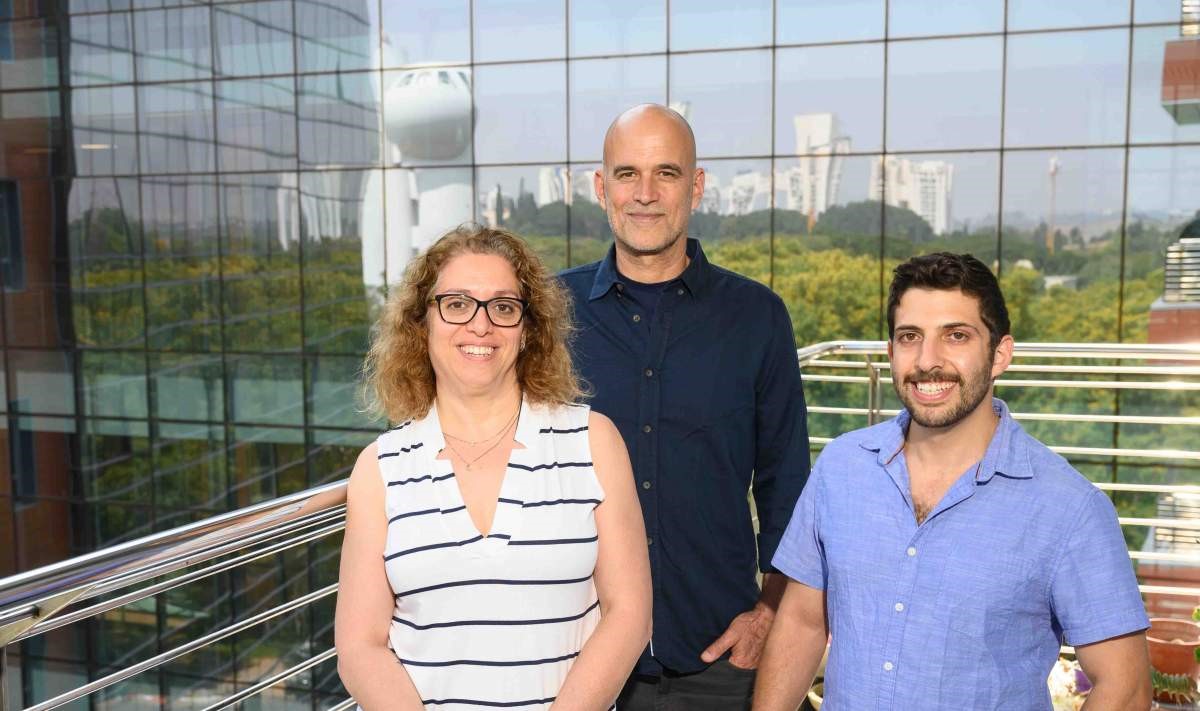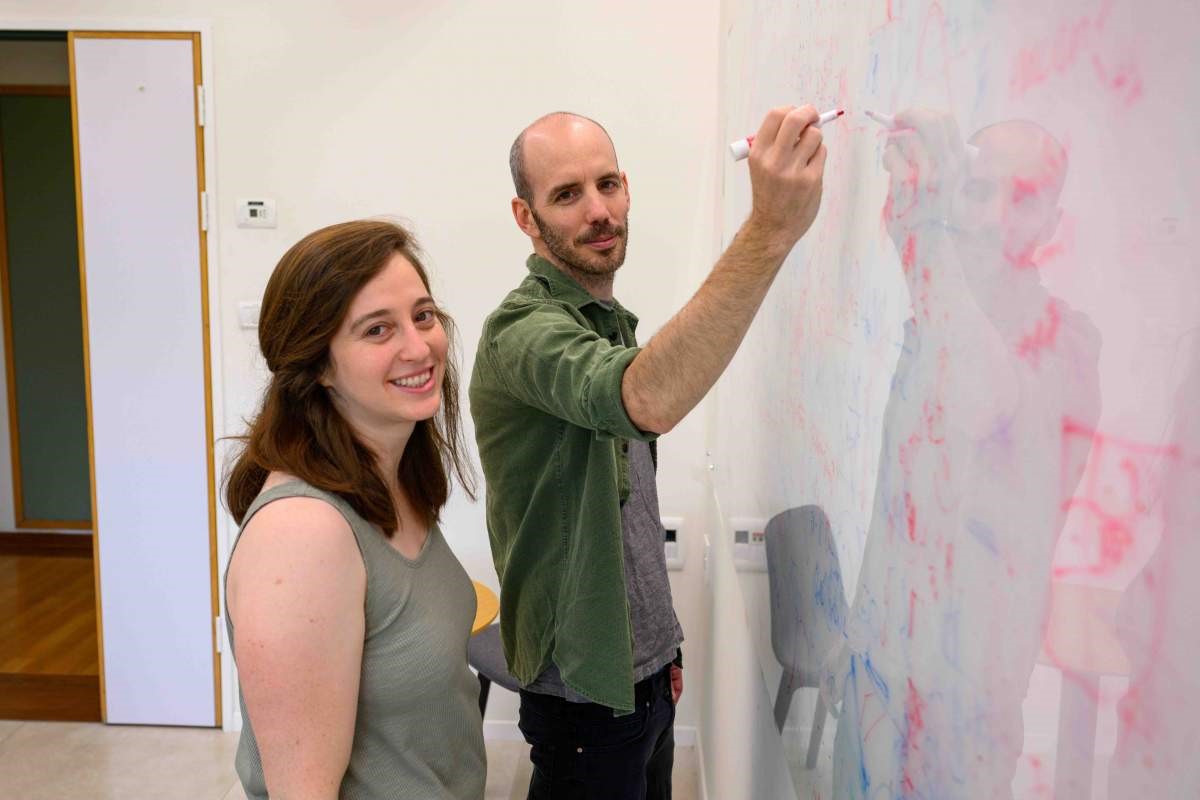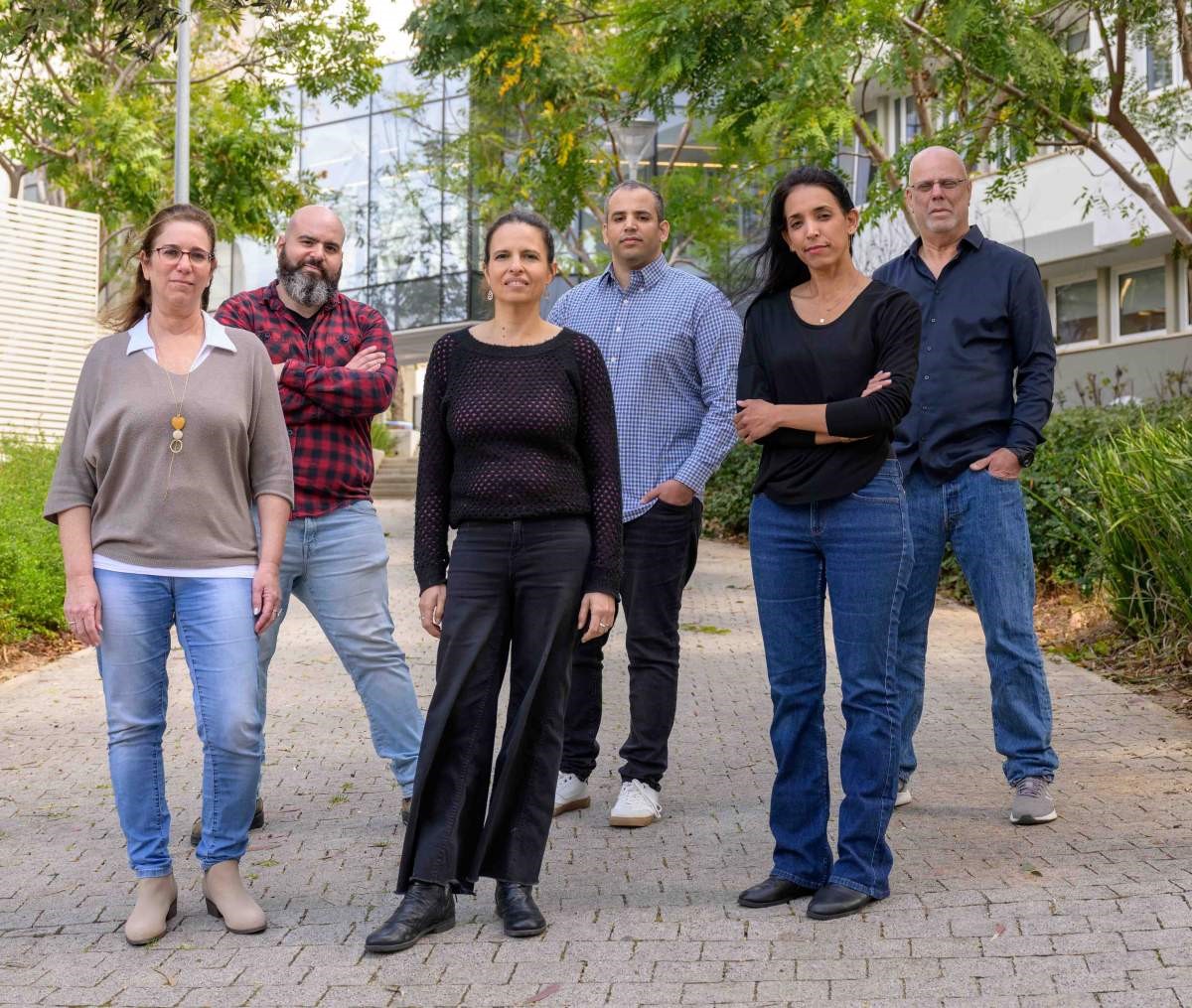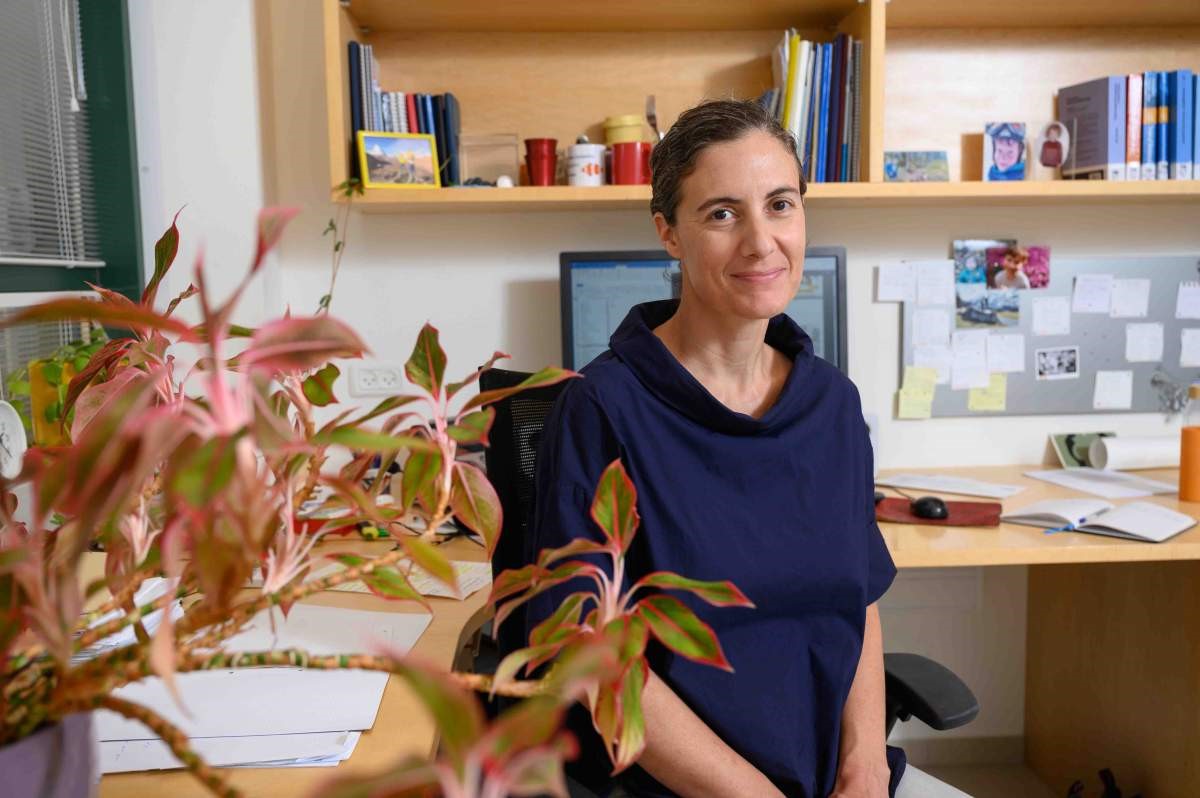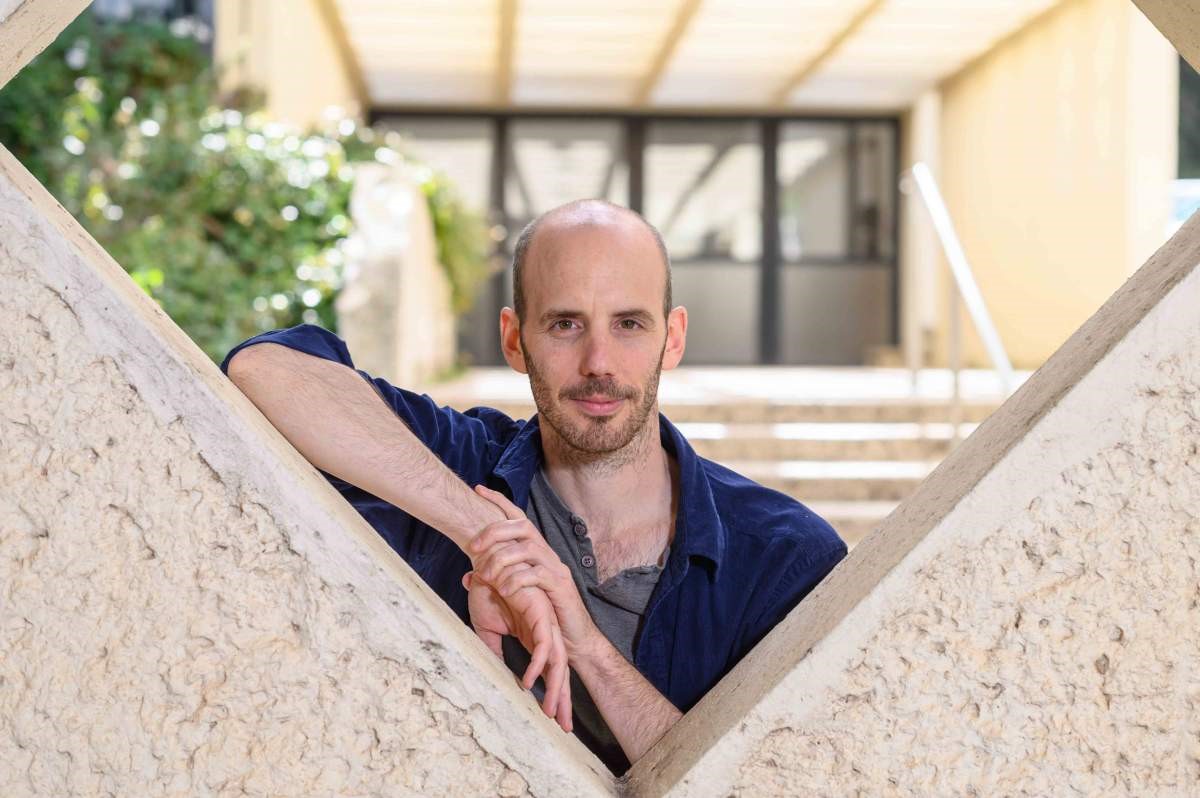Protecting our Planet
Providing solutions to our planet’s environmental challenges is part of Weizmann’s business.
Weizmann scientists have achieved much already and will continue to work hard to solve the environmental puzzles we face.
Some of the ways they are doing this are by developing mathematical formulas to more accurately predict rainfall; creating crops designed to grow in harsh climates with less reliance on pesticides; developing nanomaterials for engine lubricants to help reduce air pollution; looking at ways to protect and preserve our treasured water; discovering how the earth moves to help predict volcanic eruptions and earthquakes; and studying CO2 by growing a forest in the desert.
Facts
By enriching wheat with protein it produces a 40% higher yield
Killing parasitic weeds is helping 100 million Africans from losing 50% of their crops
Searching for solutions to treat the 97% of the Earth’s water that is too salty to drink
Understanding air pollution which kills around 1.3 million people a year
Prof. Ron Milo, IB 2021
Watch Me







